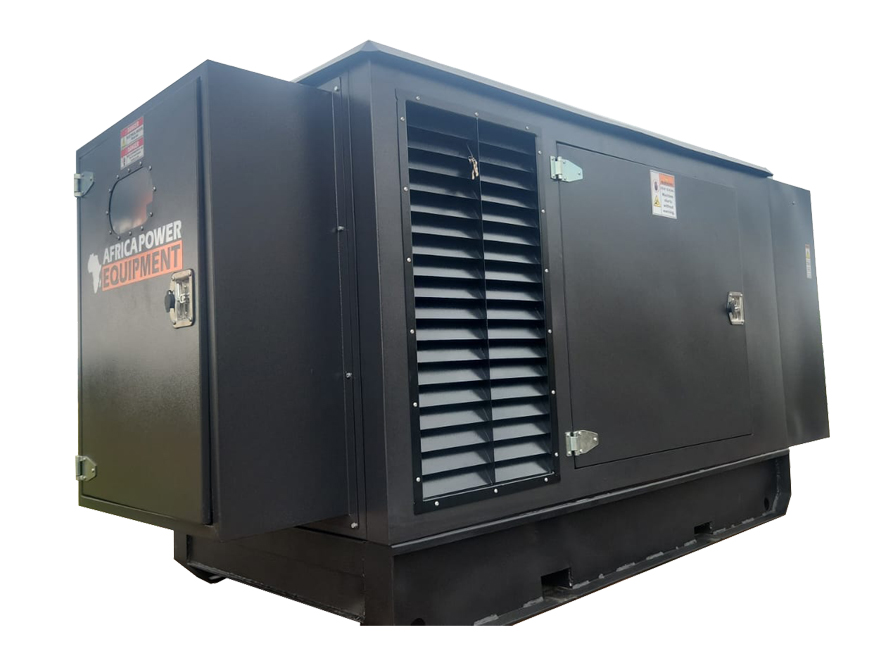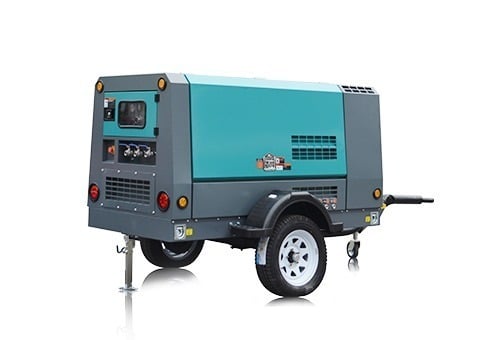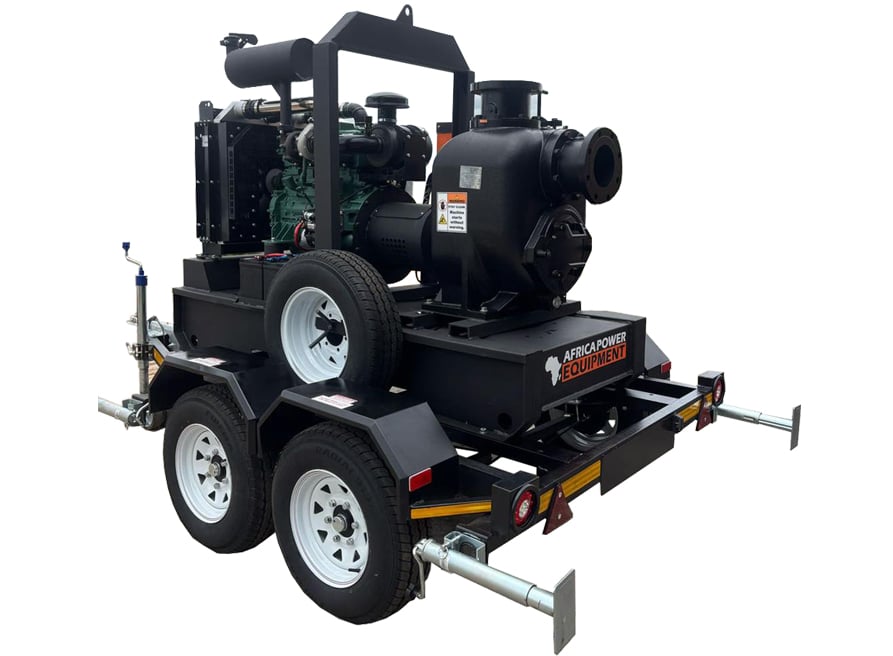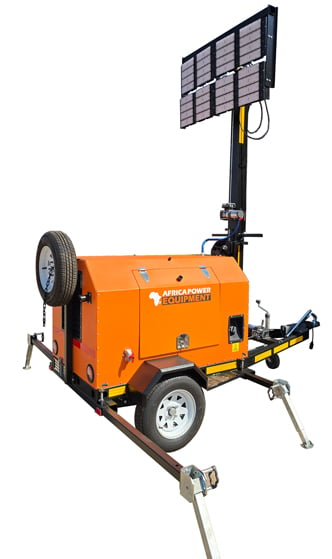Practical Ways to Make Your Generator Quieter
Generators are essential for backup and off-grid power, but they’re also known for being loud — sometimes uncomfortably so. Whether you’re using a generator at home during load shedding or on a construction site, reducing generator noise improves comfort, compliance with noise regulations, and neighbour relations.
In this article, we explore the top methods for reducing generator noise, how to choose quieter models, and when it makes sense to upgrade.
🔊 Quick Answer
To reduce generator noise, place it on a sound-absorbing surface, use a soundproof enclosure or baffle box, keep the exhaust clear, and maintain the engine regularly. For the quietest operation, consider switching to an inverter generator or silent diesel generator.
1. Why Are Generators So Noisy?
Generators produce noise from several sources:
-
Internal combustion engine (vibration, mechanical parts)
-
Exhaust system
-
Cooling fans
-
Resonance with the surface it’s on
The louder the generator, the more uncomfortable it becomes — especially in residential or recreational use. In South Africa, many areas have noise regulations that restrict levels to under 70 dB(A) in residential zones.
2. Effective Ways to Reduce Generator Noise
🧱 1. Use a Soundproof Enclosure or Baffle Box
One of the most effective methods is building or buying a sound-dampening enclosure.
Benefits:
-
Can reduce noise by 10–20 dB
-
Protects the generator from weather
-
Easy to build with plywood, foam, or mass-loaded vinyl
🛠 Pro Tip: Include ventilation channels to prevent overheating.
🧵 2. Install Rubber or Anti-Vibration Mounts
Vibrations cause the generator to resonate against the surface it sits on.
Solution:
-
Use anti-vibration rubber pads or mounts
-
Place generator on a rubber mat, grass, or composite pad
-
Avoid placing it on hard concrete or metal
🔇 3. Extend and Upgrade the Exhaust System
The exhaust pipe is one of the loudest parts of any generator.
Options:
-
Add a muffler or silencer
-
Extend the exhaust pipe away from living areas
-
Use automotive mufflers for extra suppression
🛠 Warning: Always follow manufacturer guidelines to avoid back pressure.
🌲 4. Strategic Placement
Where you place your generator matters.
-
Put it farther from living or sleeping areas
-
Use natural barriers like fences or bushes
-
Place it behind buildings or walls to redirect sound
🧽 5. Add Sound-Absorbing Materials
If you’re using your generator inside a shed or structure:
-
Line walls with acoustic foam or fiberglass panels
-
Add mass-loaded vinyl for dense sound blocking
-
Install noise-dampening curtains or blankets
🔧 6. Keep It Well Maintained
Worn-out parts can create more noise than normal.
Routine Checks:
-
Inspect and clean air filters
-
Tighten loose bolts or panels
-
Change oil and spark plugs regularly
-
Clean the muffler and carburetor
3. Quiet Generator Options Worth Considering
If you’re buying a new generator, look for these options:
🔌 Inverter Generators
-
Use digital technology to adjust engine speed
-
Significantly quieter than traditional generators
-
Ideal for residential or recreational use
-
Typical noise range: 50–65 dB(A)
🧊 Silent Diesel Generators
-
Fully enclosed with built-in insulation
-
Designed for minimal vibration and noise
-
Great for commercial or whole-house backup
-
Often meet industrial and municipal noise regulations
4. Noise Comparison Table
| Generator Type | Noise Level (dB) | Best Use |
|---|---|---|
| Standard Petrol Generator | 70–90 dB | Construction, farm use |
| Inverter Generator | 50–65 dB | Home, camping, office |
| Silent Diesel Generator | 60–70 dB | Residential backup |
| With Sound Box | -10 to -20 dB | Any |
5. FAQs
Q: Can I soundproof my generator completely?
Not completely, but you can significantly reduce the noise using enclosures, mufflers, and vibration isolation.
Q: Are inverter generators really that quiet?
Yes — most inverter models operate at 50–60 dB, similar to normal conversation levels.
Q: Will quieter generators cost more?
Generally, yes. Inverter and silent models tend to cost more, but the benefits for residential use and comfort often justify the expense.
6. Internal Linking Opportunities
Conclusion
Whether you’re trying to be a good neighbour or protect your own peace and quiet, there are plenty of effective ways to reduce generator noise. From using a soundproof enclosure to choosing the right generator type, every small improvement adds up. For the best results, combine strategic placement, sound dampening materials, and maintenance.
🔇 Want a quieter power solution?
👉 Browse our range of silent generators at www.PowerEquipment.co.za





